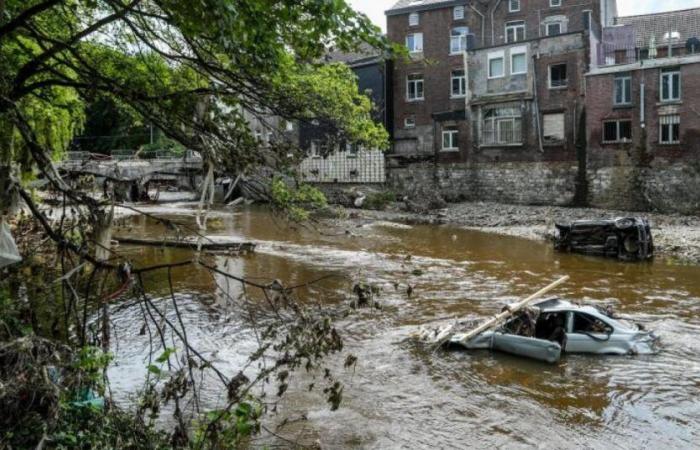In 2024, Belgium has not been spared from extreme weather phenomena. The Belgians suffered severe bad weather, violent storms and extreme heat.
In this context, 94% of people surveyed in the country recognize the need to adapt to climate change and 51% of them consider adaptation to be a priority for the coming years.
Adaptation to climate change is also seen by Belgians as an opportunity to be seized on an economic level and as a long-term investment for the country, the survey notes.
In fact, 85% say that investing in adaptation to climate change can create jobs and stimulate the local economy. Furthermore, 81% believe that adaptation requires immediate investments to avoid even higher costs in the future.
Dominique lived two days and a night of anguish, stuck in her house during the floods in Chênée: she recounts them in the form of fiction in a book
And the personal experience of those surveyed reinforces their feeling that action must be taken without delay, further supporting the survey. No less than 72% of them have experienced at least one extreme weather event in the last five years, which is eight percentage points lower than the European average. In addition, 60% said they had suffered from at least one direct consequence, eight points higher than the average in the European Union (EU).
Concrete measures
To adapt, the Belgians have adopted concrete measures. According to the results, 45% believe that infrastructure must be improved, 37% that cities must be cooled, and 35% believe that vegetation more resistant to climate change must be planted.
Just over a third (35%) say the costs of these measures should be borne by the businesses and industries that contribute the most to climate change. A quarter (26%) think everyone should put their hand in their wallets equally and 19% say only the richest people should do so.
Finally, regarding the beneficiaries of adaptation assistance, 25% of stakeholders are of the opinion that elderly people should benefit from it as a priority, 40% believe that everyone should benefit from it in the same way. Next come people living in high-risk areas (21%).
The investigation was carried out last August. In total, 24,000 people were surveyed in the EU and the United States, including 1,008 Belgians.







